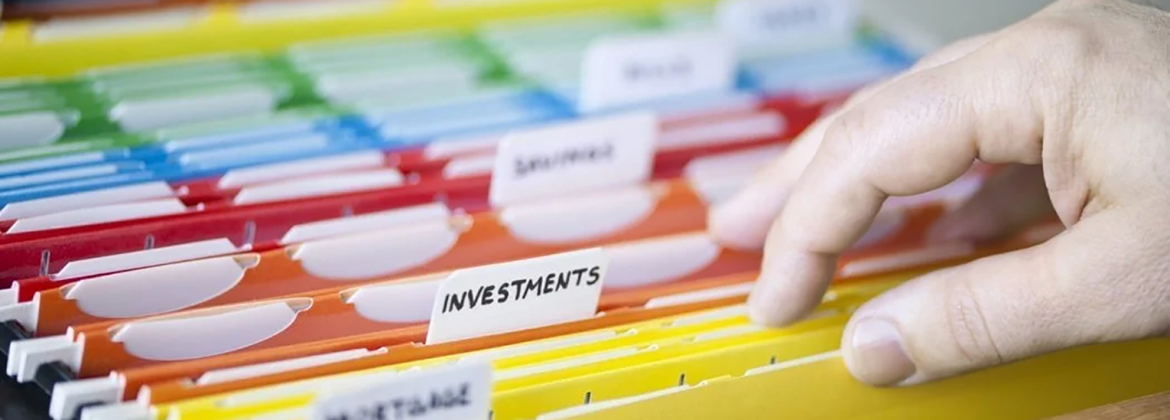
Preparing for tax season can often be a daunting task, especially when it comes to organizing and collecting all the necessary documents. However, with a bit of planning and a systematic approach, you can make the process much smoother and less stressful. Here are some practical tips for maintaining and collecting your documents to ensure a hassle-free tax time.
1. Create a Year-Round Document Organization System
Having an organized system for maintaining documents is crucial. Instead of waiting until tax season to start looking for paperwork, set up a system that you can maintain throughout the year.
- Choose Between Physical or Digital Storage: Depending on your preference, you can use a physical filing cabinet or digital folders on your computer or cloud storage. For physical storage, use labeled folders or binders. For digital storage, create clearly labeled folders and subfolders.
- Sort by Category: Create folders for different categories such as income, expenses, investments, business expenses, medical expenses, charitable donations, and any other relevant areas.
- Update Regularly: Make it a habit to file documents as soon as you receive them. This prevents a buildup of paperwork and makes the task of finding documents easier.
2. Know Which Documents You Need
Different tax situations require different documents. Ensure you are aware of what you need to gather, such as:
- Income Records: W-2s for employees, 1099 forms for independent contractors, rental income statements, investment income reports, business income records, etc.
- Expense Receipts: Keep receipts for deductible expenses, such as business-related purchases, medical expenses, charitable donations, and educational expenses.
- Statements for Tax Credits and Deductions: If you qualify for tax credits or deductions, like student loan interest, childcare expenses, or energy-efficient home improvements, keep all related documents.
- Investment and Retirement Account Statements: If you have investments or retirement accounts, you’ll need records of contributions, withdrawals, and gains or losses.
3. Utilize Technology for Document Management
Embrace technology to streamline the process of maintaining and collecting tax documents:
- Use Scanning Apps: Scanning apps like Adobe Scan, CamScanner, or even your phone’s built-in scanner can help you digitize paper documents. This can be particularly useful for storing receipts, invoices, and other small documents.
- Cloud Storage Solutions: Consider using cloud storage services like Google Drive, Dropbox, or OneDrive. They provide secure, accessible, and organized storage options for digital documents.
- Expense Tracking Apps: Apps like QuickBooks, Expensify, or Mint can help track expenses throughout the year, making it easier to gather expense data when tax season comes around.
4. Keep a Tax Calendar and Set Reminders
To avoid last-minute stress, set a tax calendar with important deadlines and reminders:
- Quarterly Tax Payment Deadlines: If you’re self-employed or own a business, you may need to make estimated quarterly tax payments. Mark these dates on your calendar.
- Document Gathering Deadlines: Set reminders for when you should start gathering necessary documents, ideally a few weeks before you plan to file your taxes.
- Tax Filing Deadlines: Make sure you’re aware of the tax filing deadline and set a reminder a few weeks before to give yourself enough time to file.
5. Work with a Professional
If managing your tax documents becomes overwhelming, consider hiring a tax professional:
- Bookkeeper or Accountant: A bookkeeper can help maintain organized financial records throughout the year, while an accountant can provide expert advice and help prepare your tax return.
- Tax Advisor: For more complex tax situations, such as owning multiple properties or businesses, a tax advisor can provide valuable insights and help you optimize your tax strategy.
6. Regularly Review and Purge Old Documents
Not all documents need to be kept forever. The IRS generally recommends keeping tax records for at least three years from the date you filed your return, or two years from the date you paid the tax, whichever is later. However, keep records for up to seven years if you file a claim for a loss from worthless securities or bad debt deduction. Regularly review your documents and discard what is no longer necessary, keeping only what you need.
7. Keep Backups
Always have backups of your important tax documents. If you’re maintaining physical copies, consider digitizing them as a backup. For digital copies, use cloud storage as well as external hard drives or USB drives to ensure you don’t lose your records due to technical failures.
In Closing
Being proactive and organized with your tax documents can save you time, stress, and money. By setting up a systematic document management process, knowing which documents to collect, utilizing technology, and seeking professional help when needed, you can make tax season much more manageable. Remember, the more organized you are throughout the year, the less work you’ll have to do when it’s time to file your taxes.
***
Eric S. Degen, CPA Titan Accountancy, LLC
discover the advantages of excellence
